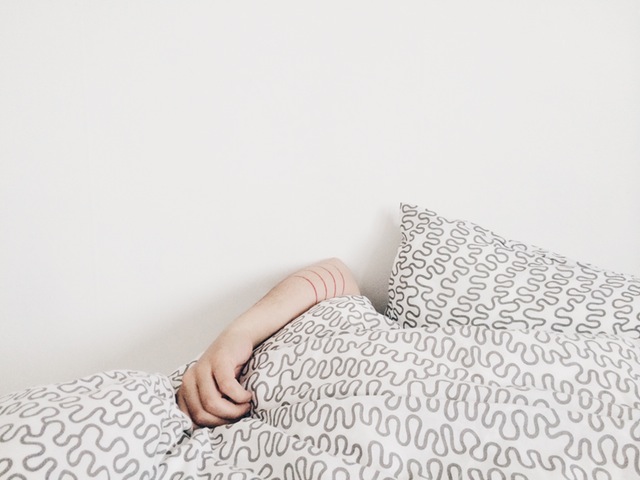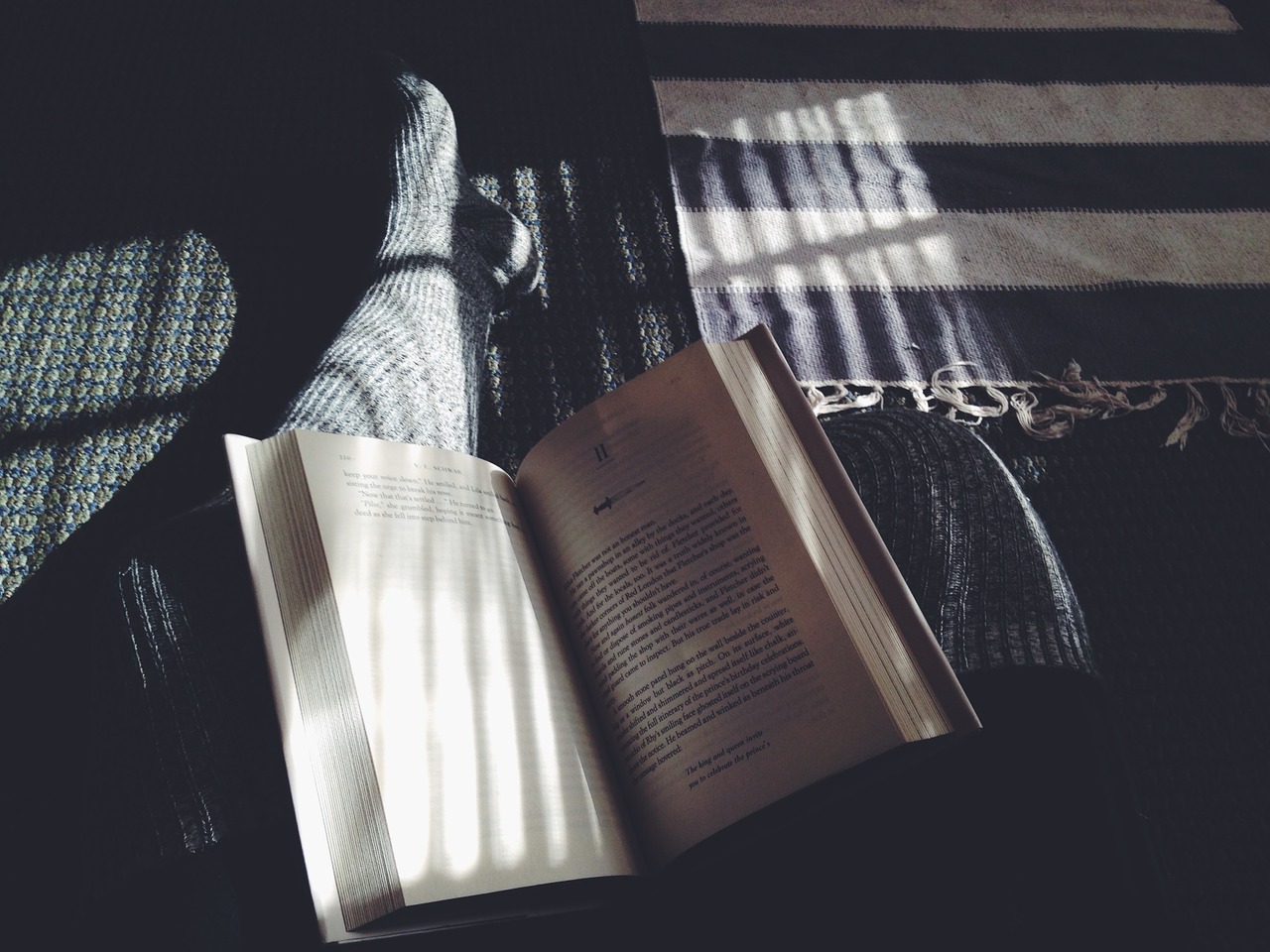We spend a third of our lives asleep. But we all know the feeling of tossing and turning at midnight, not being able to get to sleep, although we know we desperately need to. This is then followed by a day or two of feeling lethargic, and even with the best productivity training, we will find it hard to stay focused throughout the day.
There are many studies out there suggesting various different techniques to get more sleep and a better quality of sleep. Most studies, including Slumber Secrets’ research, suggest that adults, up to the age of 64, should get anything between 7 and 9 hours of sleep a night. However, good intentions to get to bed on time are only part of the story. Knowing how difficult forming these habits can be, our Productivity Ninja, Matthew, shares some of his own tactics to improve the quality and quantity of sleep in your life.

I used to have a housemate who found it almost impossible to get up and go to bed on time. At weekends, they would go out, get to bed at 4 or 5AM, and wake at midday. Repeating this Friday and Saturday nights, they would be in what neurologists call a “persistent vegetative state” – low functioning, dopey, in the office but not in the office. They had, in effect, given themself jet lag over the weekend with self-disrupted sleep patterns, and paid the price over Monday and Tuesday.
This got me thinking about the science of sleep. It turns out that there is an area of study called “Sleep Hygiene”. The idea is that we can adopt a series of habits, tips and tricks that enable us to sleep less – and better. This helps us to be at our most productive and creative during the day – in essence, sleeping Ninja-style!
I adopted the practices of Sleep Hygiene, and recommend the following Top Five Productivity Ninja Tips:
1) Fix a bedtime and an awakening time.
Of course, this is not always possible, but if your time of going to bed varies by +/- two hours, and your time of waking varies by the same, you are giving yourself miniature, irregular, unnecessary bouts of jet lag. I aim to be in bed by 11PM and up by 6AM. Social demands may pull this out of shape, of course, but I find that when I stick to this timing my productivity and creativity the following day are tip-top.

2) Exercise regularly, but not right before bed.
The demands of our busy working lives often make us relegate daily exercise to the bottom of the list. In my experience, this is a mistake. I try to cycle for 30 minutes first thing in the morning. I find that, if I skip this for whatever reason, my sleep suffers. Even twenty minutes a day can make a big difference.
3) Don’t take your worries to bed.
Some people like to mull things over – solo or with a partner – in the evening. I find that this generates “repetitive loop” type thinking that blocks sleep. Much as I rarely work after 6pm, I rarely give thought to “worry” matters after that time. Thus my head hits the pillow empty, rather than full of fret. And if something does come to your mind just as you’re ready to fall asleep, have a pen and paper nearby so you can note it down and can pick it up the next day without having to worry about it or actively trying to remember it.
4) Reserve the bed for sleep and sex.
Some people like to eat, watch TV and do a range of strange things in bed. I believe the body likes clearer messages. Sleep and sex. Reading, perhaps, before sleep. By the way, a television in the bedroom is an absolutely terrible idea.

5) Establish a pre-sleep ritual.
Again, this is not always possible, but twenty minutes reading before bed, a hot drink, or whatever, signals to the body that sleep is imminent. Keep it consistent and skipping it once or twice won’t break your new habit.
Sleep Hygiene is a neat way of minimizing the stress and difficulty associated with the nocturnal hours. If we use those hours well, we can ensure that we maximize the impact of our daylight hours.
By Matthew Brown
Matthew is Think Productive’s Productivity Ninja for London and the South East.

Some great Ninja tips Matthew. Banning TV in the bedroom is a must in my opinion for relaxation and quality sleep. Most people are likely to send the TV to sleep rather than turn it off, leaving a disturbing ‘ white noise’ effect in the bedroom. Ask anyone who regularly starts early shift and they will tell you their body clock is set to wake before the alarm. Thanks for this post. I would add that many people stay up later than they want to just to watch a late programme on TV. Losing sleep over a programme that can be recorded and watched at your own time minus the adverts is unnecessary and allows TV schedules to set your bedtime.